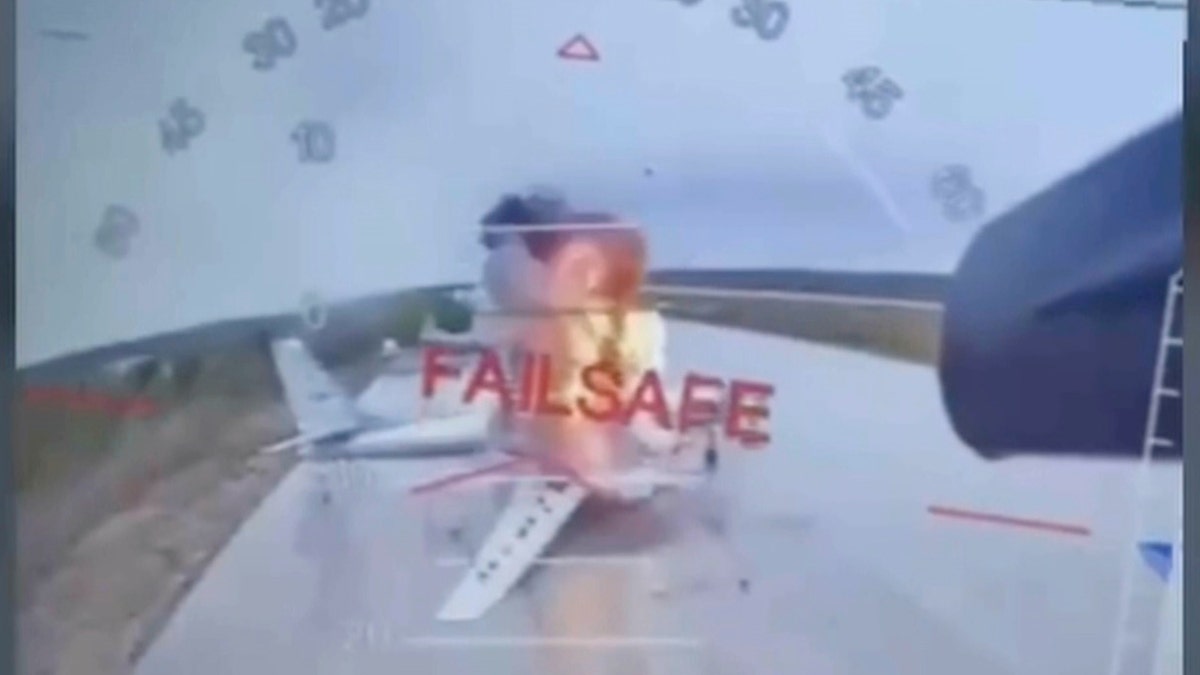An American pontiff signals pragmatism as the Vatican recalibrates its diplomacy
Marking his 70th birthday in St. Peter’s Square, Pope Leo XIV reflected on the rapid adjustment from pastor to statesman, acknowledging that the diplomatic burdens of the papacy require a different tempo and toolkit than parish leadership. Excerpts from a new interview, released alongside festive scenes with multilinguistic birthday banners and Peruvian dancers, portrayed a leader confident in his pastoral footing yet candid about the complexities of the global stage.
A bridge between North and South
Shaped by American roots and two decades of ministry in Peru, Leo brings a rare hemispheric lens to Rome. He has signaled an instinct for dialogue over zero-sum posturing, even in small matters like sport, and a desire to connect Latin America’s devotional energy with North America’s institutional heft. That dual identity could help cool polarization and reconnect the Church across the Americas.
Soft power in hard times
With Europe managing war on its frontier, instability in the Middle East, and sustained migration pressures, the Vatican’s convening power matters. Leo’s decision to preside over an ecumenical prayer for modern martyrs underscored priorities of religious freedom and unity. Italian Prime Minister Giorgia Meloni’s birthday message praising his steady guidance reflected expectations in Rome and beyond that the Holy See will act as a stabilizing voice aligned with core Western values of human dignity and the rule of law.
Managing expectations and continuity
Elevated to a senior Vatican role in 2023 before his election, Leo is among the youngest popes in modern times and frank about having more to learn. Early signals point to continuity in teaching coupled with practical engagement from Washington to Lima. The task ahead is to marry moral clarity with disciplined diplomacy, protecting the persecuted while keeping channels open with governments whose cooperation is essential for humanitarian relief.
What to watch next
Key markers will include his diplomatic appointments, first major trips to the Americas, and efforts to support de-escalation in war zones through quiet shuttle diplomacy with allied capitals. If Leo can amplify the Church’s voice in defense of conscience, secure modest but real humanitarian outcomes, and rebuild trust across regions, the Vatican’s soft power could be a rare source of stability in an uncertain world.



